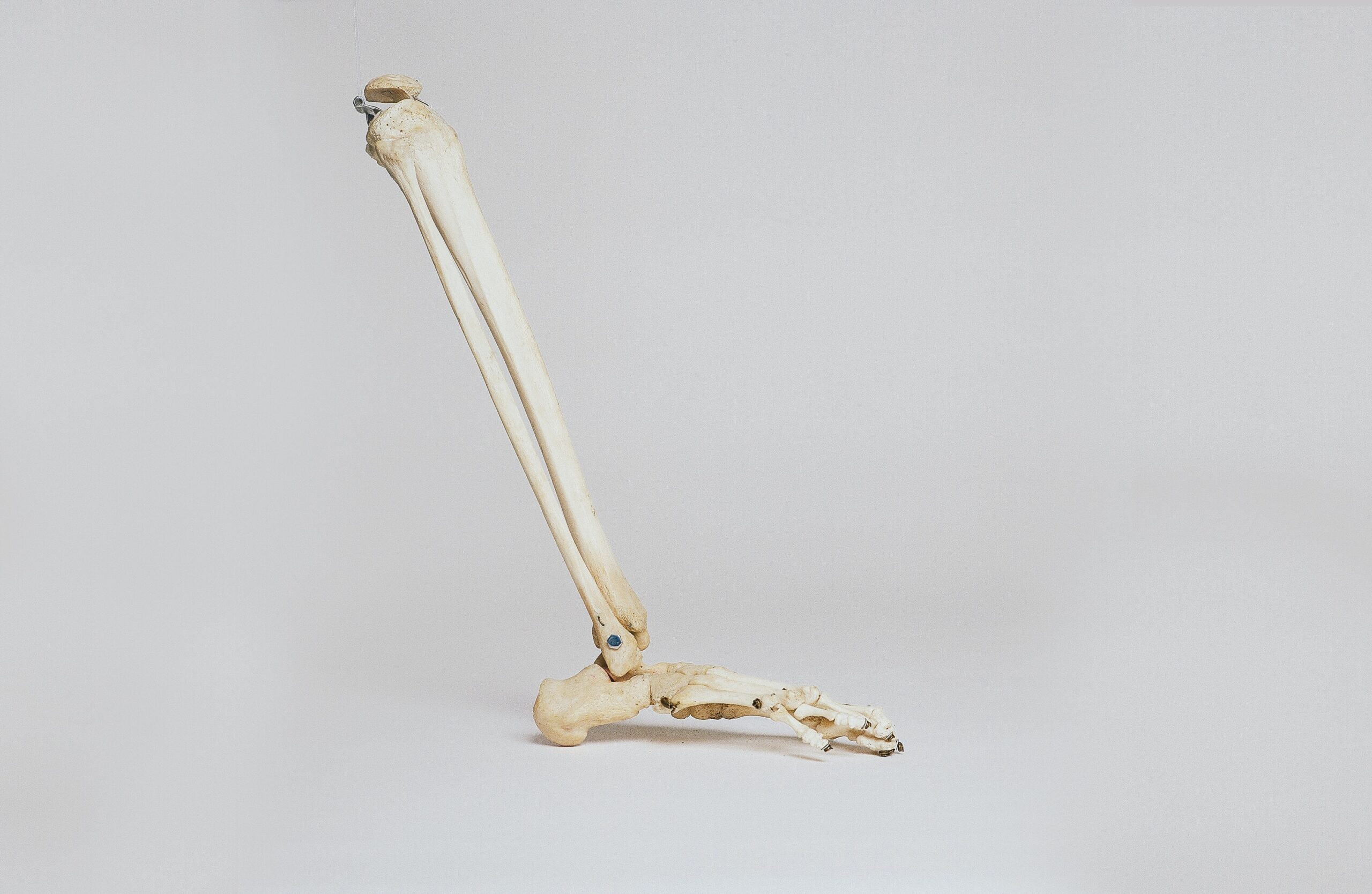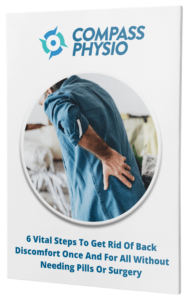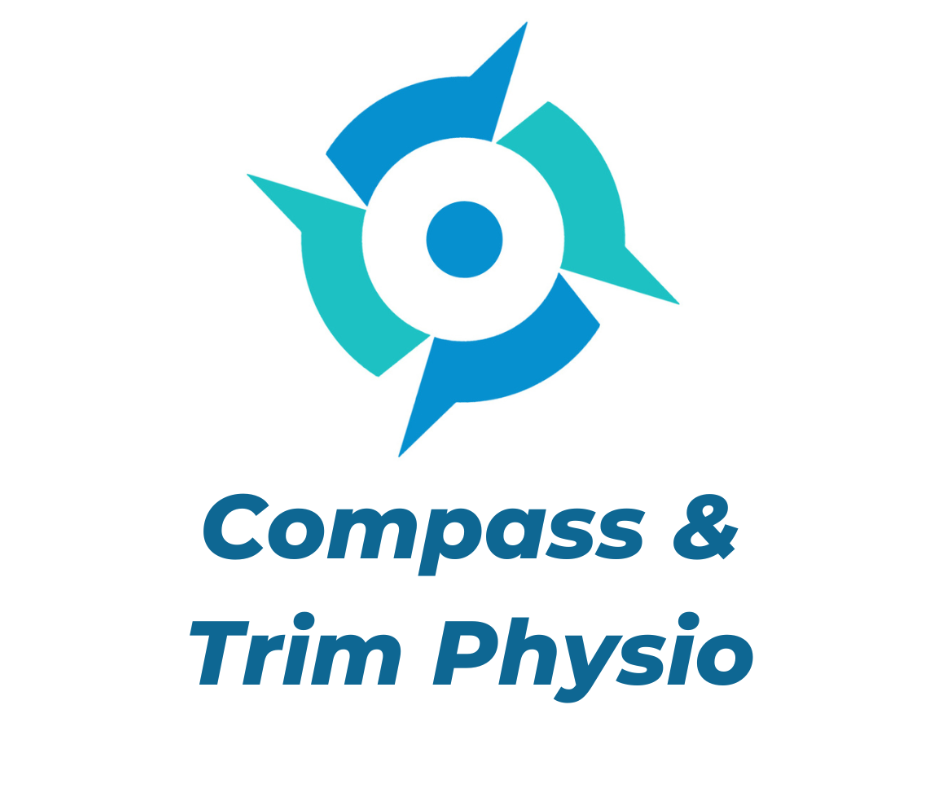Healthy Bones – What you need to know
Here at Compass Physio we receive referrals from doctors and indeed from clients attending themselves who want to know more about keeping their bones healthy and strong.
Osteopenia and osteoporosis
The difference between osteopenia and osteoporosis is that in osteopenia the bone loss is not as severe as in osteoporosis. Both conditions result in a reduction of bone strength and thickness.
This will lead to an increased risk of fracture/broken bones.
Quick facts
Osteoporosis affects 1 in 4 women and 1 in 8 men over the age of 50.
Physical inactivity is a serious risk factors for developing osteopenia and osteoporosis.
Resistance based strengthening exercises has been shown to reduce the risk of fracture.
Symptoms
It is difficult to see the symptoms in the early stages of bone loss. Some obvious signs and symptoms can occur over time which include:
Back pain, caused by a fractured or collapsed vertebra
Loss of overall height
A stooped posture
Fractures/broken bones
What to do when you if you suspect osteoporosis?
Contact us a Compass Physio where we will complete a comprehensive medical and physical examination to determine a true diagnosis. Your physiotherapist may recommend a DEXA scan via your GP to measure bone density. A person who displays one or more of the risk factors for osteoporosis will be recommended for a DEXA scan.
What can physiotherapy do to help?
The goal of rehabilitation with osteoporosis is to reduce any pain, improve bone strength and balance. Exercise based rehabilitation will help to build strength and help to reduction the risk of fracture. Under the guidance of a chartered physiotherapist you will start exercises that will allow you to gradually build up your strength and reduce bone loss. Physiotherapy for bone health will largely consist of strength, flexibility and balance exercises.
Top tips
Don’t smoke. Smoking increases rates of bone loss and the chance of fracture.
Avoid excessive alcohol. Consuming more than two alcoholic drinks a day might decrease bone formation. Being under the influence of alcohol also can increase your risk of falling.
Prevent falls. Wear low-heeled shoes with nonslip soles and check your house for electrical cords, area rugs and slippery surfaces that might cause you to fall. Keep rooms brightly lit, install grab bars just inside and outside your shower door, and make sure you can get into and out of your bed easily

How Can Physiotherapy Help?
If you are finding it hard to complete regular exercises due to pain, fatigue or simply time schedules speak to us at Compass Physio.
Exercise is for everybody. At Compass physio we will complete a full physical assessment and will help identify any possible underlying causes that may limit your exercise regime.
Our chartered physiotherapists will help you to build strength and strategies which will help tackle any problem.
At Compass physio we will help you succeed and reach your goals.
To find out how Compass Physio can help, call 046 954 9456 (this number covers all clinics), click here to book online.
You can also email any questions to info@compassphysio.ie
Paddy Mulligan – MISCP Chartered Physiotherapist Compass Physio


